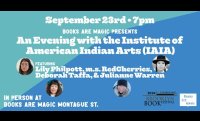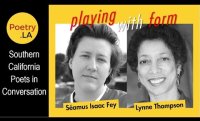Falling
“One by one, like leaves from a tree, / All my faiths have forsaken me; / But the stars above my head / Burn in white and delicate red, / And beneath my feet the earth / Brings the sturdy grass to birth,” begins Sara Teasdale’s 1915 poem “Leaves.” Write a poem that uses rhythm and meter to evoke the feeling of the autumn season and describes the sights and sounds of the natural environment drying and withering, beginning the descent to decomposition. You might use this as an opportunity to ruminate on the larger themes of slowing down, and cycles of renewal and decay. Pay particular attention to consonance, short and long vowel sounds, and the length of your words and lines to create the desired tone of your poem.










